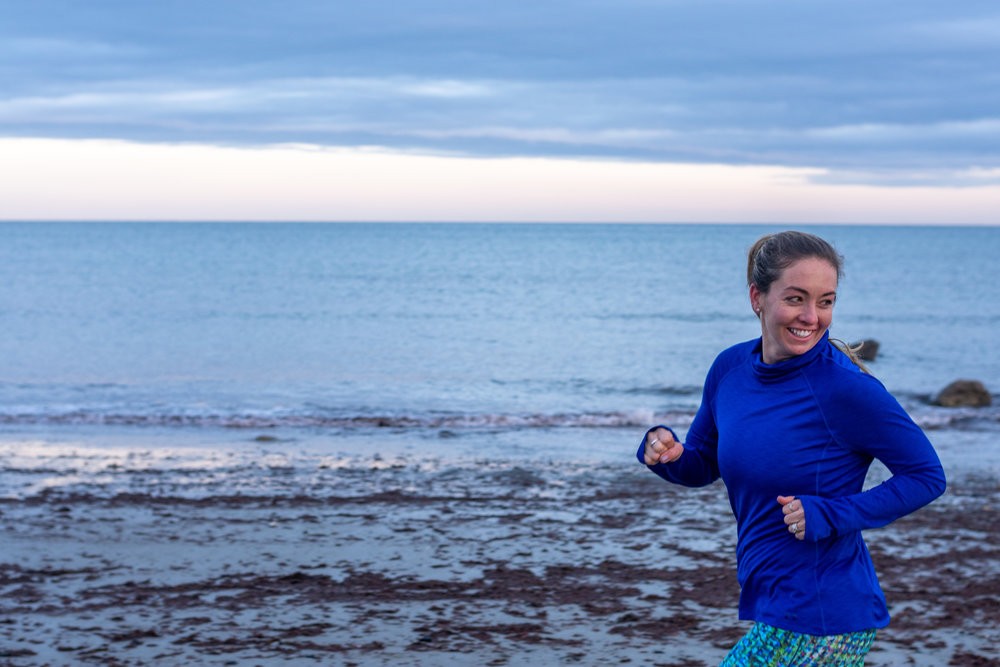Alright – so today we’ve got the honor of introducing you to Beth Connolly. We think you’ll enjoy our conversation, we’ve shared it below.
Hi Beth, really happy you were able to join us today and we’re looking forward to sharing your story and insights with our readers. Let’s start with the heart of it all – purpose. How did you find your purpose?
I decided that I wanted to become a psychologist when I was in the sixth grade. Yes, that is correct. I was barely past the cusp of puberty, had not even graduated from elementary school yet, and I was directing myself toward the helping profession. It is hard to pinpoint exactly what motivated me to attach to the idea of a career in psychology. Like most evolving pathways, it developed out of a myriad of conditions and experiences. My current 40-something year-old brain wants to step back into history and have a frank discussion with that naive version of myself. I would let her know that there would be many heavy moments of sitting with people in intense pain, times where listening would be her only superpower, and days where she would wonder if she was making a difference at all. Whether that conversation would change the path I ultimately traveled remains unknown but, I believe, unlikely. For it is on that path that my purpose and life’s meaning has been, at least partially, established. Its roots existed well before any papers certifying a degree or license to practice. I was a painfully shy child who grew up in a large family. While my words to others (outside of my family, that is) were few and far between, I was always listening. From a very early age I was fascinated by people and would study them intently everywhere I went. I listened to their words, watched them interact, observed their bodies, and noted discrepancies between what they said and what they did. Reading people and their behaviors permitted me to keep myself safe and gave me an opportunity to discover what behaviors were helpful in certain situations. In addition to observational study, I understood big feelings because I felt them myself. I learned to recognize feelings and to adjust my reactions in a way that could positively impact others.
Throughout the course of my life and my career, I have come to recognize the anchors of my existence. I believe I am here to give; I am here to help; and I am here to heal. I bring these pieces of purpose with me everywhere I go (sometimes to a fault). They fuel me and direct my behaviors. My purpose was uncovered through my experiences in relationships, my growing self-awareness and knowledge of where I fit into the world. I love people and have gratitude for their willingness to establish safety with me. Through use of my strengths, I have discovered that I can offer guidance, acceptance, assistance, and love that impacts the world in a positive manner. I believe that every human is born with a gift and purpose. I see mine as being a guide to helping others uncover, see, or find theirs.
Appreciate the insights and wisdom. Before we dig deeper and ask you about the skills that matter and more, maybe you can tell our readers about yourself?
After graduating from undergraduate college, I decided to immediately pursue my doctoral education in Clinical Psychology. While intimidated by the prospect and aware of my limited life and professional experience to date, I took the plunge and began my studies. My graduate program afforded me a number of clinical experiences that guided the evolution of my professional vision. I logged hours and obtained perspectives in supervision that shaped my identity as a clinician. Following the completion of my internship and degree, I settled into a comfortable group practice where I gained hours and hours of real-life experience with children, adolescents, families, and adults. I worked long hours within the four walls of my office space. Over time, I began to observe the impact of my work on my own sense of hope and well-being. My long-term vision for my career began to shift. After over a decade of practicing psychotherapy in a traditional office setting, I started to grow restless. I struggled somewhat with cultivating motivation and action in clients while sitting sedentarily in office chairs. I noted the limitations of change when things were not moving between us. Having experienced bouts of depression and anxiety in my own life at various points, I reflected on components of my own healing and health, I started buzzing internally about how to integrate my passions with my profession as a helper. I wanted to breathe life back into what I was doing and create energy that would positively impact my work. My personal relationship with exercise and movement was such a crucial part of my overall health that I began to wonder about how to marry it with my training as a psychologist.
Fatefully, I stumbled upon an article in Runner’s World magazine featuring a talented clinician in L.A. who had successfully integrated running and walking into her therapy practice. I reached out to Sepideh Saremi, LCSW, and sought coaching and training from her as initial steps in the establishment of my own practice here in New Hampshire. My connection with Sepideh ignited my own action and This is My Happy Pace: Therapeutic Running Services, PLLC, was founded in 2019. The practice of running and walking psychotherapy has added dimensions to my pre-existing experiences as a clinician. Integration of movement into a goal-focused session creates an elevated therapeutic experience for the client. In addition to being outdoors in nature, movement can serve as a vehicle for other important aspects of therapy. The body becomes a part of the work in a way that is more limited in a traditional office setting. Flexibility and creativity combine to morph sessions into a uniquely beneficial intervention for each client. I am proud and excited to be part of such innovative and energizing work!
There is so much advice out there about all the different skills and qualities folks need to develop in order to succeed in today’s highly competitive environment and often it can feel overwhelming. So, if we had to break it down to just the three that matter most, which three skills or qualities would you focus on?
1. My relationship with movement as a source of self-esteem, healing, and identity. Before I had the insight to know it, movement functioned as a primary source of regulation for me. I was soothed by activity. It formed the foundation for the peace I work to establish in relationship to my own body. Movement and activity create connection with others and form the foundation for my sense of community and connection with others. It gives me a sense of control and power (most notably when I lack it in other areas). It has been a consistent partner and comfort despite its ever-changing forms as I grow, develop, and age. 2. Perserverance and commitment to my goals: anyone who knows me knows that I go after what I want. My sense of adventure forms the foundation for how I approach my life’s goals. I recognize barriers that exist but work hard not to permit them to derail things that I want to achieve. I regularly review my anchors (otherwise known as values) and direct myself toward what I view as important. I am committed to being the best version of myself each day. And when I am not, I recommit to doing better in the next moment. I practice what I preach and walk the walk so I can talk the talk.
3. Humility (and its cousin, self-doubt): While some might frame my inconsistent self-esteem as a weakness, I have come to embrace it as the impetus for ongoing self-reflection and humility, both of which have served me well. There will never be a day where I decide that I know it all or I have it all figured out. I recognize both the vastness of knowledge and insight to be gained as well as the limitations I possess within my seemingly small vantage point. I seek perspectives outside of my own and soak up the wisdom of those whom I encounter whether they might be big or small in stature.
What is the number one obstacle or challenge you are currently facing and what are you doing to try to resolve or overcome this challenge?
It is hard to choose just one and I am constantly growing and changing. But currently, balance and self-care are my primary challenges at this juncture in my life and career. While I have maintained a steady and even hasty pace up to this point, I am noting changes in my stamina and perspective. I am recognizing the value in stillness at times, tuning into slower paces, and considering how to determine optimal states versus habitually comfortable modes of being. I am reworking my relationship with my body and personal movement as I integrate it with my practice. The miles logged during work hours have implications for my body’s needs outside of work. My happy pace has required recalibration to account for how I share movement and utilize my body in my professional capacity. I view the navigation of my relationship with my body as an ongoing and ever-changing journey. I cannot be separate from my body when it is involved in all aspects of my being. Therefore, I regularly reset and reclaim it through awareness, care, and gratitude.
Contact Info:
- Website: www.thisismyhappypace.com
- Instagram: this_is_my_happy_pace
- Facebook: This Is My Happy Pace: Therapeutic Running Services, PLLC
- Linkedin: Beth Connolly, PsyD
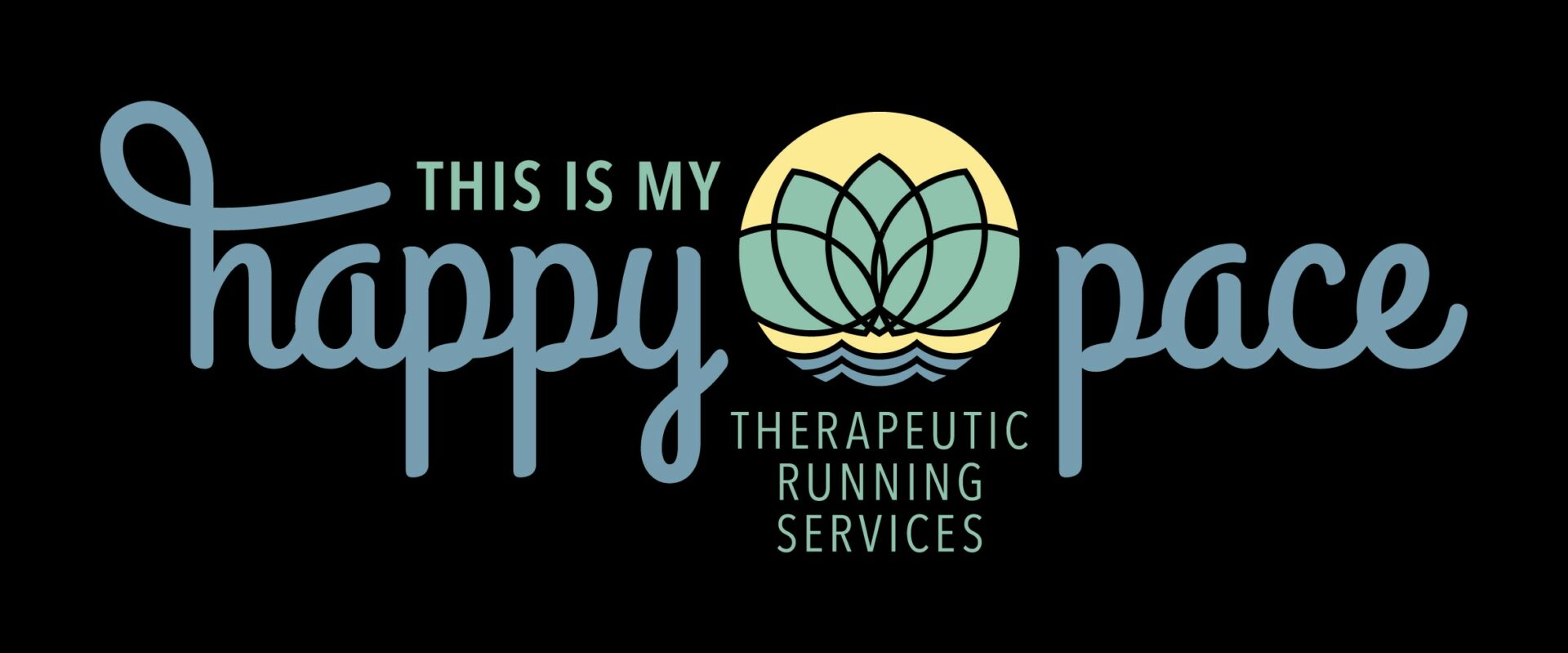
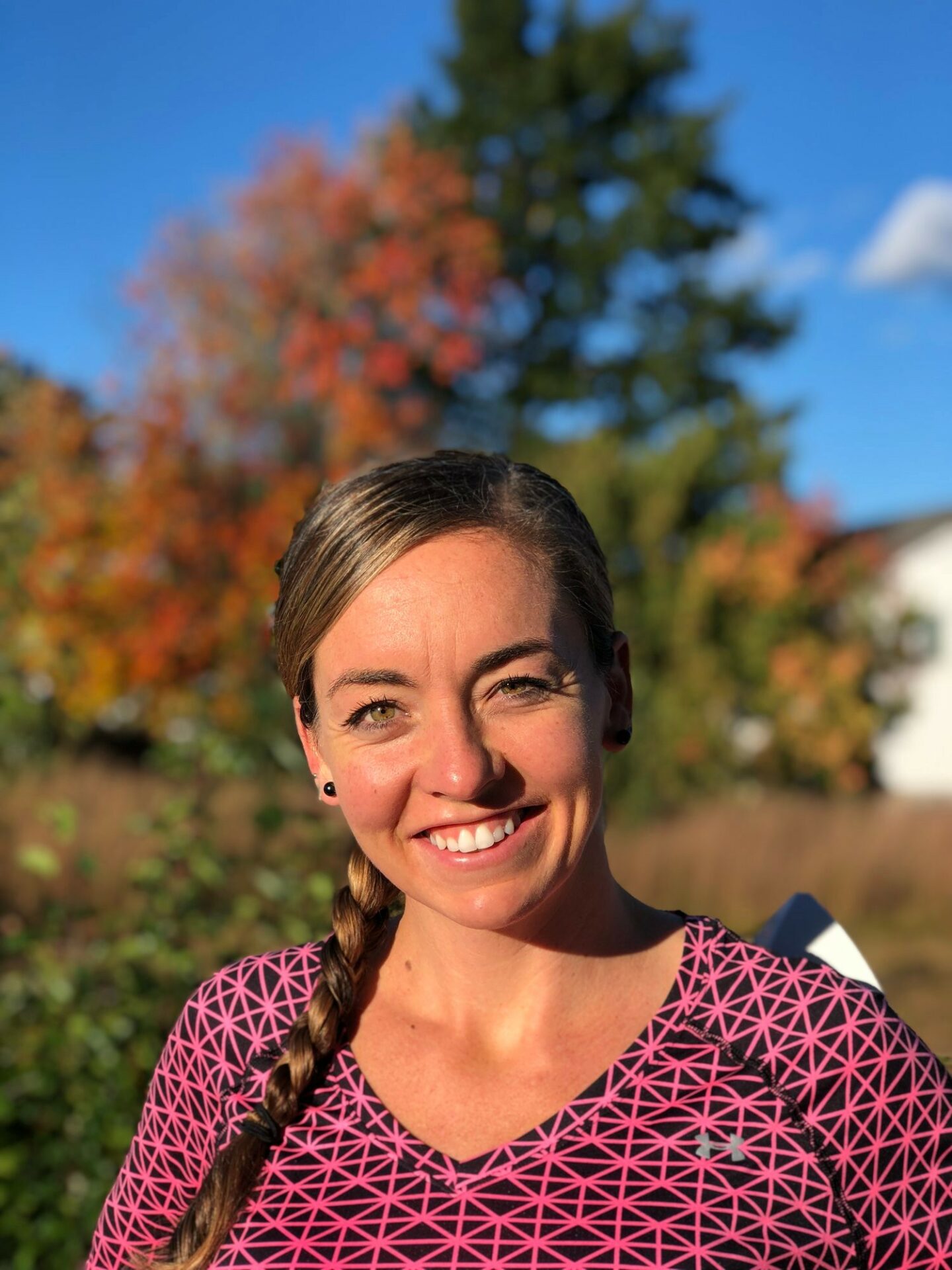
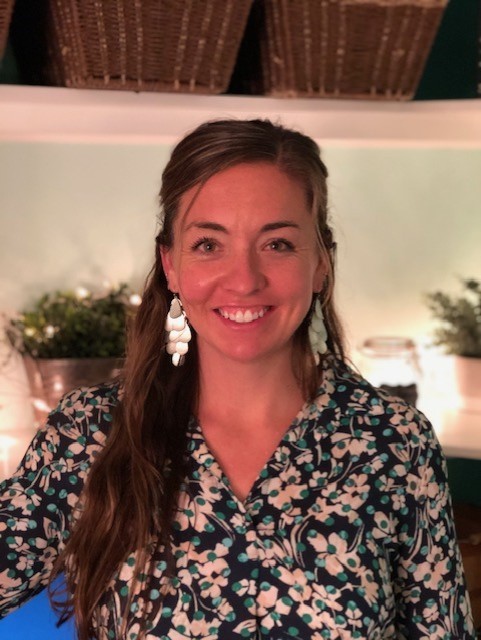
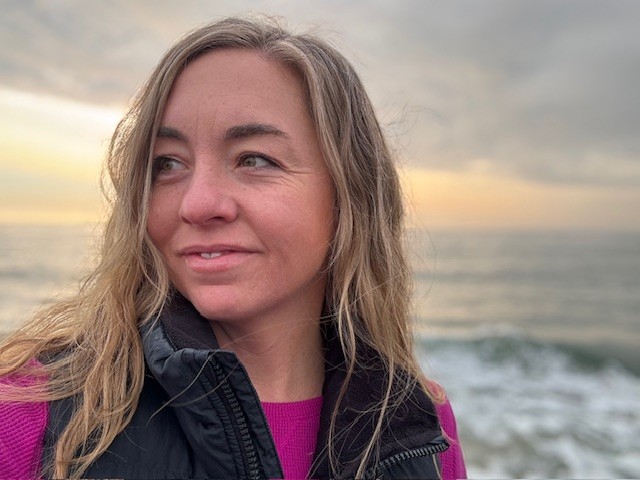

Image Credits
Scott Raymond (beach photos only)

